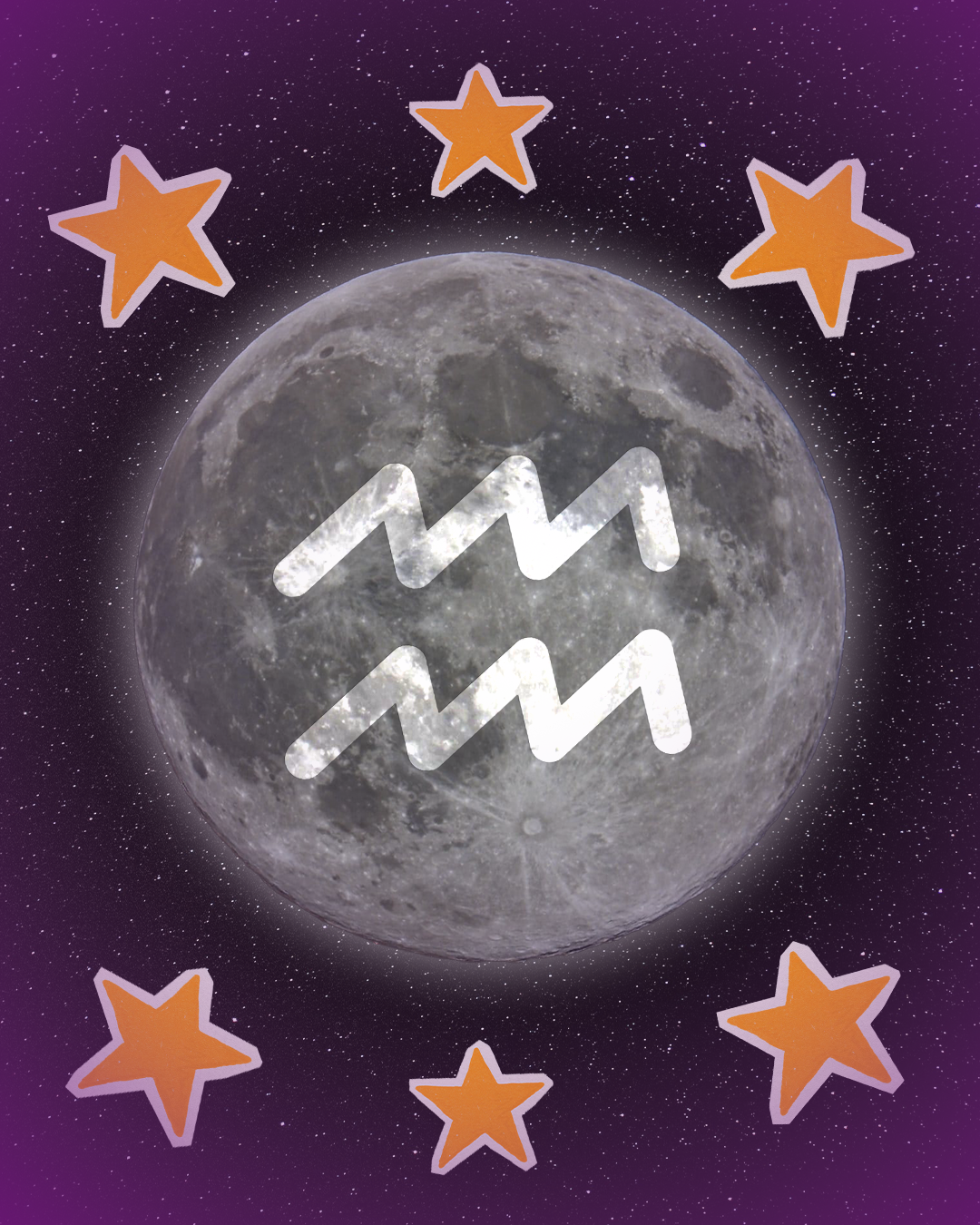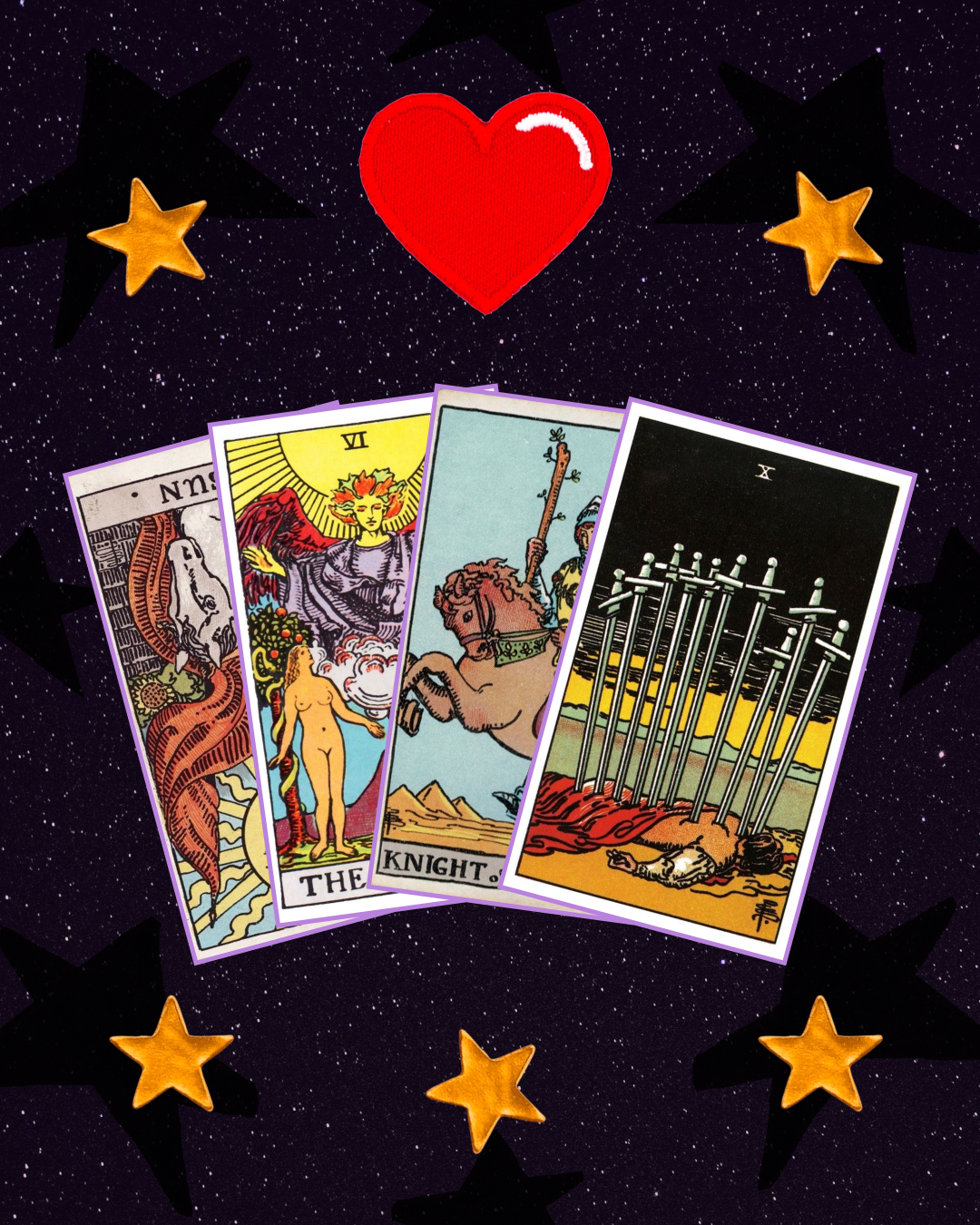
We are obsessed with the quality of our sleep And social media is filled with advice on what to do, eat, buy in the hope of a perfect night's rest
I've always had a troublesome relationship with sleep. Or rather, with getting into bed and falling asleep. Since childhood, I found it challenging to quiet my mind, and the process would stretch on for hours. Once asleep, things generally went well. I started experiencing insomnia in high school. Issues with falling asleep compounded with early wake-ups, resulting in me getting very little sleep. In college, after overcoming the hurdle of early wake-ups, it took me very little time to flip day and night, studying in the dark and sleeping while the sun shone outside. Needless to say, none of these habits proved very beneficial, especially in the long run. I've tried chamomile, valerian, melatonin and CBD. Nothing has solved the sleep problem that, intermittently, persists to this day. Perhaps I'm simply a night owl.
Obsession with Peaceful Sleep 2k24
If the beginning of my toxic relationship with going to bed had manifested today, I would have had an extensive list of remedies and solutions to try, far beyond traditional over-the-counter supplements. Precise cosmetic routines, relaxing creams and lotions, lists of sleep-conducive behaviors and things absolutely to avoid, specific herbal teas, silk pillowcases to spray with lavender mist, CBD candies and drops, cherry juice-based beverages, heavy anxiety-reducing blankets (and anti-midnight wake-ups), everything seems to be aimed at one goal and one goal only: ensuring good rest. There are even different ways of sleeping that become trends on social media, with users trying them out and reviewing them. First, there was the power nap, the habit (all about training) of sleeping for very short intervals between tasks to maximize rest despite our hectic lives. Then came the time of bed rotting, a trend that worries psychologists and therapists as it simply involves lying in bed for hours and hours, even without sleeping. Now it's the era of hurkle-durkling, a practice from Scotland that encourages us to take it easy and ignore the sound of the alarm. It may be beneficial, of course, but it's not exactly compatible with contemporary existence. And we're back to square one.
@kirakosarin hurkle-durkle, u deserve it <3
original sound - Kira Kosarin
A World Struggling to Sleep Well
But really, why do we have such a need to sleep in the best way possible? Are we part of a time where simply resting is impossible? The answer, in part, is yes. And our concerns are reflected in the numbers. Since the Covid-19 pandemic, it seems that sleep problems (ranging from nighttime awakenings to complete insomnia, sometimes culminating in lucid dreaming and sleep paralysis) have increased. From a study conducted in the United States and published in January 2024, it emerges that among adults, 13.5% feel exhausted or tired almost every day. Over a third of respondents sleep less than 7 hours every 24. 30% of adults have symptoms of insomnia, and 10% feel that these symptoms negatively impact daily life. In Italy, the numbers are somewhat lower but no less problematic. According to the Aims (Italian Sleep Medicine Association), about 13.4 million Italians suffer from insomnia. A study from 2019 conducted by the ISS highlights an even more widespread problem: almost one in three Italians sleeps an insufficient number of hours, and one in seven reports unsatisfactory sleep quality.
@madelinebhealth RECIPE for good quality sleep: *8 ounces of pure tarte red cherry juice (not from concentrate) *4 ounces of sparkling water of choice *1 dropper full of lemon balm *1 dropper full of ashwaganda *2 magneisum capsules or 1 tablespoon #cherryjuiceforsleep #cherryjuice #healingjourney #healingtiktok #nontoxicliving #sleep #goodqualitysleep #sleepislife #magnesium #calmthemind Would That I (True that I saw her hair like the branch of a tree) - Hozier
Why Do We Sleep so Little and Poorly?
The reasons could be various, both personal and collective. We keep repeating it on every occasion: the world is burning, both due to global warming and wars. Inflation is rising, the global economy, and the job market don't seem to be doing much better. Is it really so impossible to believe that thoughts crowd our minds, making rest a challenge? And the more we don't sleep, the more we become obsessed and we can't even relax anymore. We need to be clear-headed, ready to perform well at work and school, have perfect skin and a rosy complexion: sleeping is the foundation of all these things. The general attention to our well-being and what is good for us from within - which is increasing more and more, becoming more precise and focused - quickly turns into a real obsession, pushing us to experiment with increasingly unrealistic things far from our reality, hoping to wake up new and renewed, as fresh as a rose.
@stazzylicious My step by step guide for the best sleep ever #nightroutine #wellness #sleep original sound - Anastazia
What to do to sleep well at night?
The unfortunate answer is that there is no universal solution to our sleep problems. Once we truly understand what prevents us from resting easily and profitably, we must act on this underlying cause. It's not guaranteed that we can. For example, if we're worried about something beyond our control, the best we can do is learn to manage it as best we can, working on ourselves. Perhaps one of TikTok's trends could suit us, or eliminating light sources could help. It's okay to try everything, but it's essential to be cautious: nothing is as miraculous as promised, and buying specific products is not necessarily the ultimate solution. The important thing, however, is not to turn it into a real mania. And if we see dark circles and a somewhat pale complexion, then, we will manage to forgive ourselves and think about it another evening, without flagellating ourselves.
If persistent sleep difficulties become a significant problem, it is advisable to consult a sleep specialist or a mental health professional.

























































